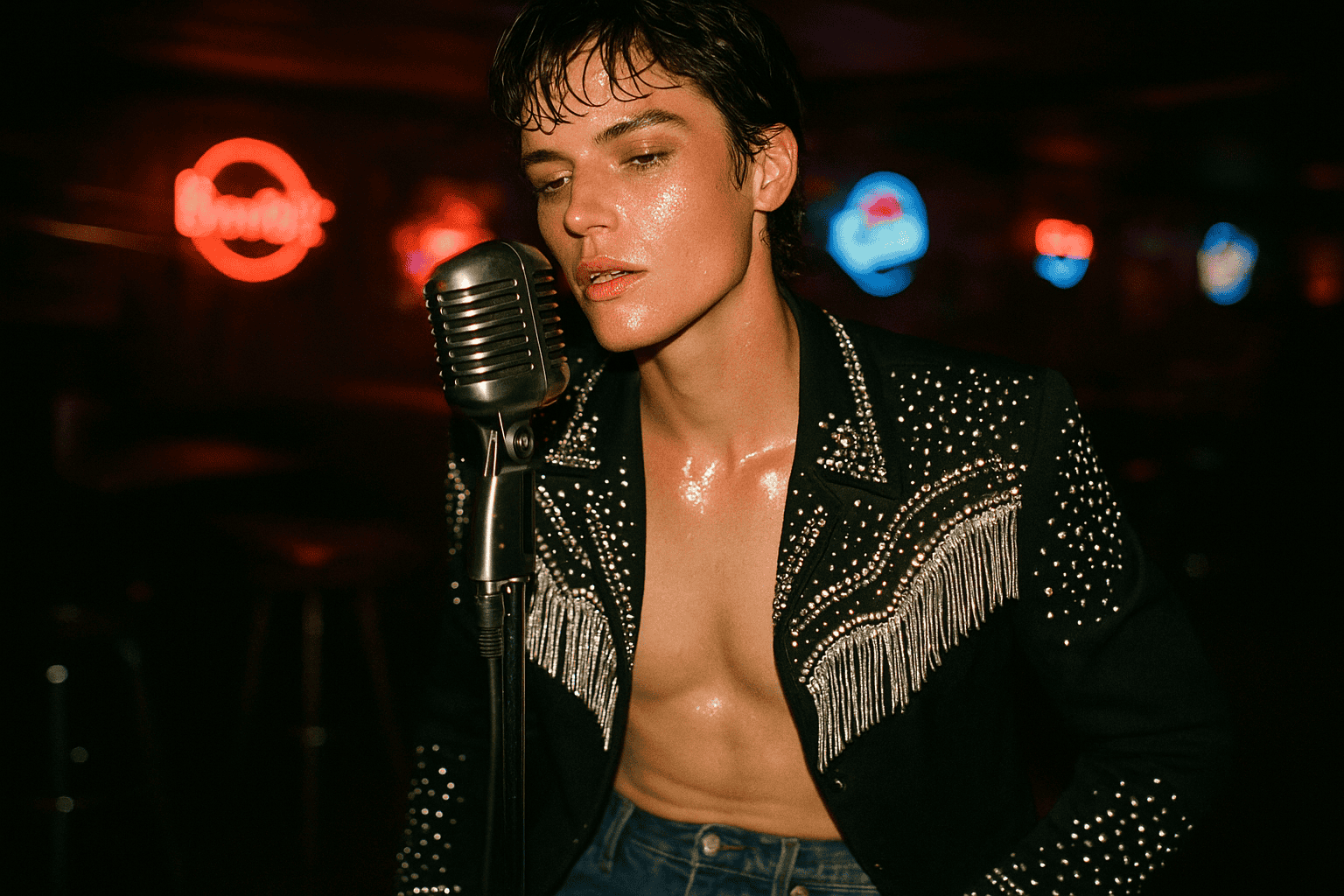Yes, There Are Gay Country Singers: The Artists Rewriting Nashville (2025)
By Iggy Kay | Last Updated: Aug 29, 2025 | Reviewed by sofia

Table of Contents
- Introduction
- A brief history of queer country
- Today’s leading artists
- How to support emerging voices
- FAQ: Are there any barriers left?
- Further listening
- Conclusion
For anyone still asking, “are there any gay country singers?”—the answer is a resounding yes. Artists who live openly have been part of country’s story for decades, from underground honky-tonks to mainstream award stages. Today’s wave blends classic storytelling with queer lived experience, widening what “country” can sound like—and who it’s for.
A brief history of queer country
Queer country didn’t start in the 2010s. Pioneers like Lavender Country’s Patrick Haggerty cut defiantly honest records in the 1970s, long before industry doors cracked open. As Americana and indie scenes gained traction, more artists felt room to claim space. The throughline is simple: visibility ebbed and flowed, but the writers and pickers were always there.
Today’s leading gay country singers
The roster is rich and growing. Masked crooner Orville Peck channels twangy grandeur with cinema-sized heartbreak. T.J. Osborne of Brothers Osborne—one of the first openly gay men signed to a major Nashville label—brought visibility to prime-time award shows. Grammy-winner Brandy Clark crafts razor-sharp narrative songs that fold queer life into everyday scenes. Brooke Eden’s sunlit anthems celebrate out-and-proud love. You’ll also find boundary-stretchers like Adeem the Artist, Waylon Payne, Paisley Fields, Cameron Hawthorn, Jaime Wyatt, and Fancy Hagood.
This isn’t tokenism—it’s a movement. You’ll hear pedal steel and porch-swing ballads, yes, but also neo‑western pop, Appalachian folk, and road‑house rock. What ties it together is the country ethos: three chords and the truth, now told from explicitly queer points of view. For listeners searching this topic, the real question becomes which voices you’ll fall for first.
Spotlight: visibility matters
Each time a star comes out, another young fan sees themselves onstage. When household names acknowledge queer influence, it helps, too. (See our coverage of Dolly Parton’s accolades for a reminder that strong allies shape the landscape.)
- Internal reading: Check our piece on Dolly’s latest honor—an ally whose presence towers over the genre.
Read: Dolly Parton named Guinness World Records Icon - External context: Learn more about the broader tradition and how it grew from the margins into a vibrant community.
Explore: Queer country (overview)
How to support gay country singers
Supporting these artists is simple:
- Stream and buy directly. Follow artists on Bandcamp or their own shops.
- Request radio play. Local stations respond to listener demand.
- Show up IRL. Tours, festivals, and Pride‑adjacent showcases are lifelines.
- Share the love. Post your favorites; platforming grows audiences beyond the algorithm.
- Support media. Country Queer exists to amplify these voices—your clicks and shares matter.
FAQ: Are there any barriers left?
Short answer: yes, and they’re changing. Gatekeeping still shows up in airplay, festival slots, and label marketing formulas that underestimate queer audiences. But fans are proving the demand. Independent release models, sync licensing, and touring collectives are helping artists build careers without waiting for permission.
What about “country authenticity”? The genre has always been a patchwork—Appalachian ballads, Black string-band traditions, Western swing, Tex‑Mex border sounds. Queer artists are not outliers; they’re caretakers of that same living tradition.
How do I discover more? Start with live lineups, artist‑curated playlists, and independent radio shows. Follow queer‑led festivals and local venues; your new favorite will probably be on a side stage this summer.
Further listening
Here are a few starting points to queue up today:
- Orville Peck — cinematic ballads with classic twang.
- Brandy Clark — story‑rich songwriting with modern polish.
- Brothers Osborne (T.J. Osborne) — radio‑ready swagger with heart.
- Brooke Eden — sun‑bright, hooky empowerment anthems.
- Adeem the Artist — sharp, tender Appalachian storytelling.
- Waylon Payne — soulful vocals and desert‑road vibes.
- Paisley Fields — queer honky‑tonk with a playful edge.
- Cameron Hawthorn — intimate croon and rootsy warmth.
Conclusion
So, are there any gay country singers? Absolutely—more than ever, and they’re shaping the genre’s future in plain sight. Discover them, support them, and keep the circle unbroken by bringing new listeners along. That’s how country evolves—with truth, harmony, and a bigger tent.